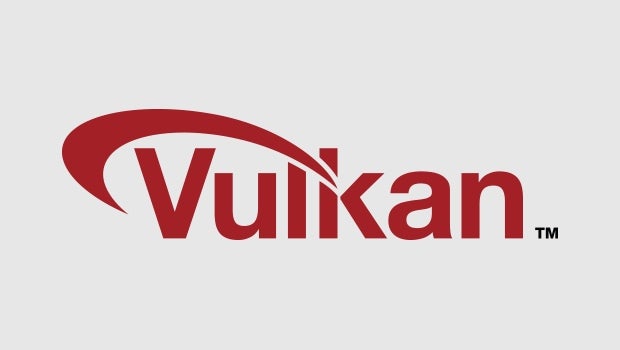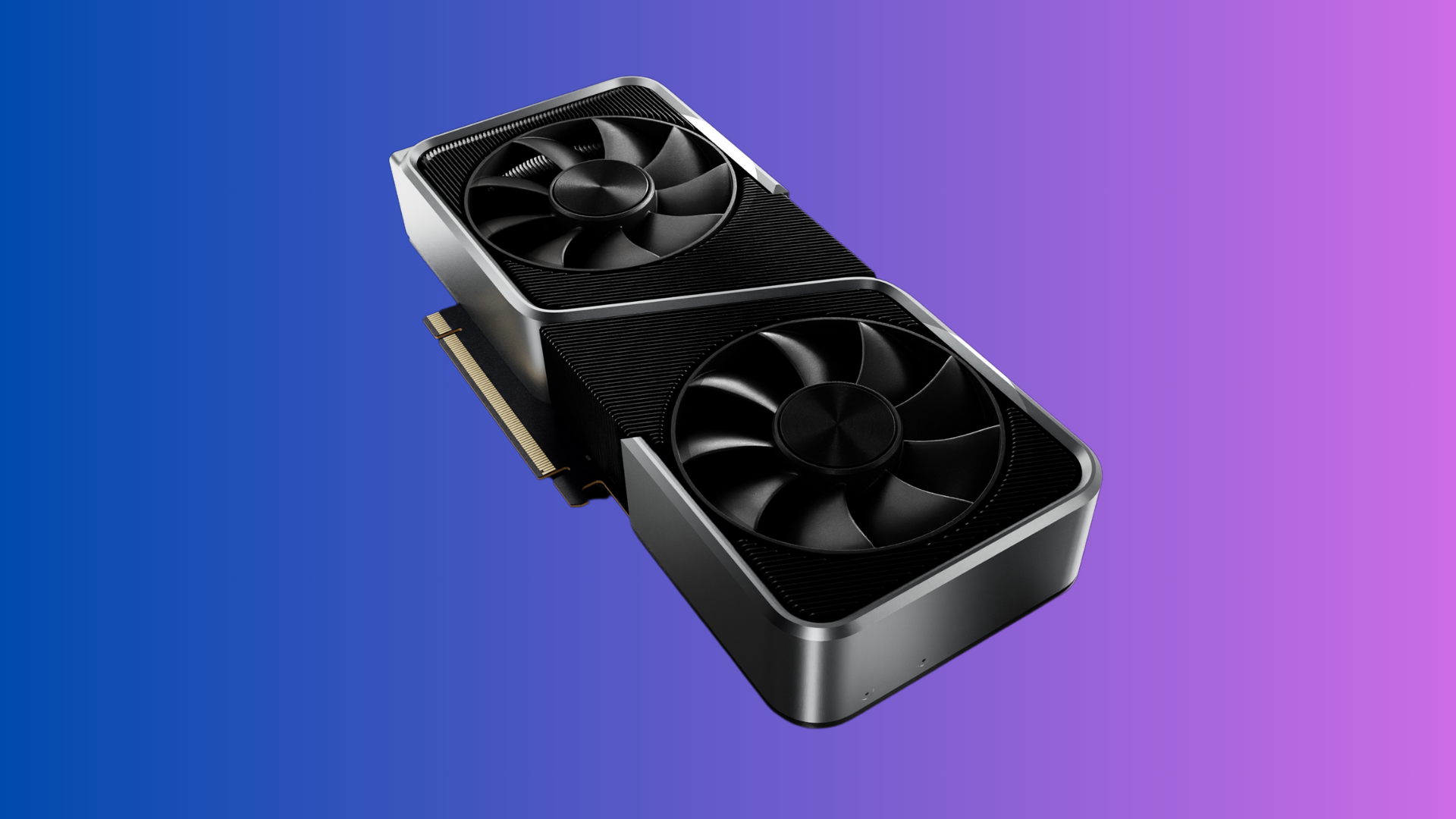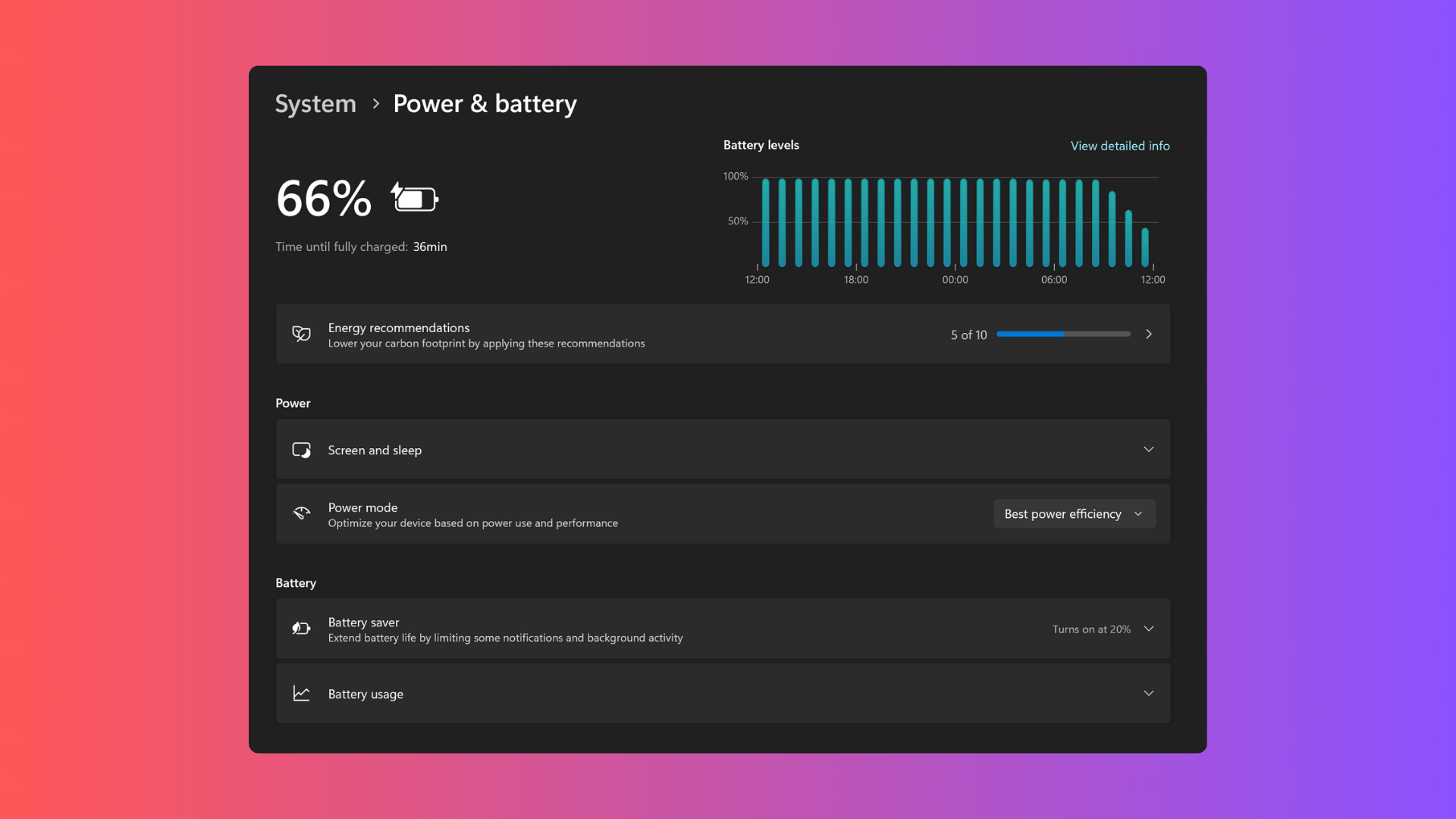What is Vulkan? All the facts on the Direct X alternative

Vulkan is an API that many developers use to create games. We’re going to be stepping into the complicated world of APIs to explain what they are.
So, without further ado, here is everything you need to know about Vulkan.
What is an API?
Before we get into what Vulkan is specifically, we need to talk about APIs. API stands for Application Programme Interface, and is a set of programming code that enables different applications to talk to each other.
Essentially, an API is software that will deliver a request. There are countless examples of this, such as a weather app requesting information from a database, or a holiday website determining the rates for a hotel room at a specific date.
As you can imagine, you’ll likely be using various APIs on a daily basis without even noticing, as it does all the busywork behind the scenes, making it easier to find useful data without diving into the original database or server.
What is Vulkan?
Vulkan is an API that’s designed for real-time 3D graphics applications, such as video games. It’s able to communicate with your computer’s GPU and tell it which parts of your in-game environments it needs to render. It’s actually a little bit more complex than that, but this is the core premise.
While there are multiple APIs available for video games, the more efficient iterations can result in a superior performance. The creators of Vulkan ensured it to have a low CPU usage, leaving more headroom for other workloads.
One of the most intriguing aspects of Vulkan is that it’s open source and cross platform, and so should, in theory, work across multiple operating systems. These include Android, SteamOS, Linux, and Windows 7 through to Windows 11.
This should make it simpler for developers to create a game that is accessible across multiple platforms. This results in us gamers getting more games in more places, making it ideal for all parties involved.
Why is Vulkan important?
Vulkan isn’t only bringing more games to more platforms. It now includes high-end abilities such as ray tracing.
The API is also being utilised by developers to create large triple-A titles; Doom Eternal allows users to use Vulkan as an option at the start menu, allowing users to choose if they want to experience higher performance and a more efficient GPU and CPU usage.
Vulkan does this by reducing bulky driver overheads that tend to hamper game performance. Vulkan offers the ability for game developers to have more granular control over components, which in theory can allow for a boosted gaming performance.
So, developers can manage certain things like memory allocation and the generation of GPU workloads, which lets them gain more power out of multithreaded systems.
The end result should be more efficient and provide better-looking games, on everything from smartphones, desktops, laptops and gaming consoles.
Which games use Vulkan?
Vulkan initially launched back in 2016, but there are still plenty of games being released that use the API.
You check out some of the most noticeable games that use Vulkan below:
- Tom Clancy’s Rainbow Six Extraction
- Hades
- Super Mario 64 (Nintendo Switch)
- Half-Life: Alyx
- Doom Eternal
- Detroit: Become Human
- Tom Clancy’s Ghost Recon Breakpoint
- Total War: Three Kingdoms
- RAGE 2
- Metro Exodus
- Shadow of the Tomb Raider
- Hollow Knight
- No Man’s Sky
- Middle-earth: Shadow of Mordor







